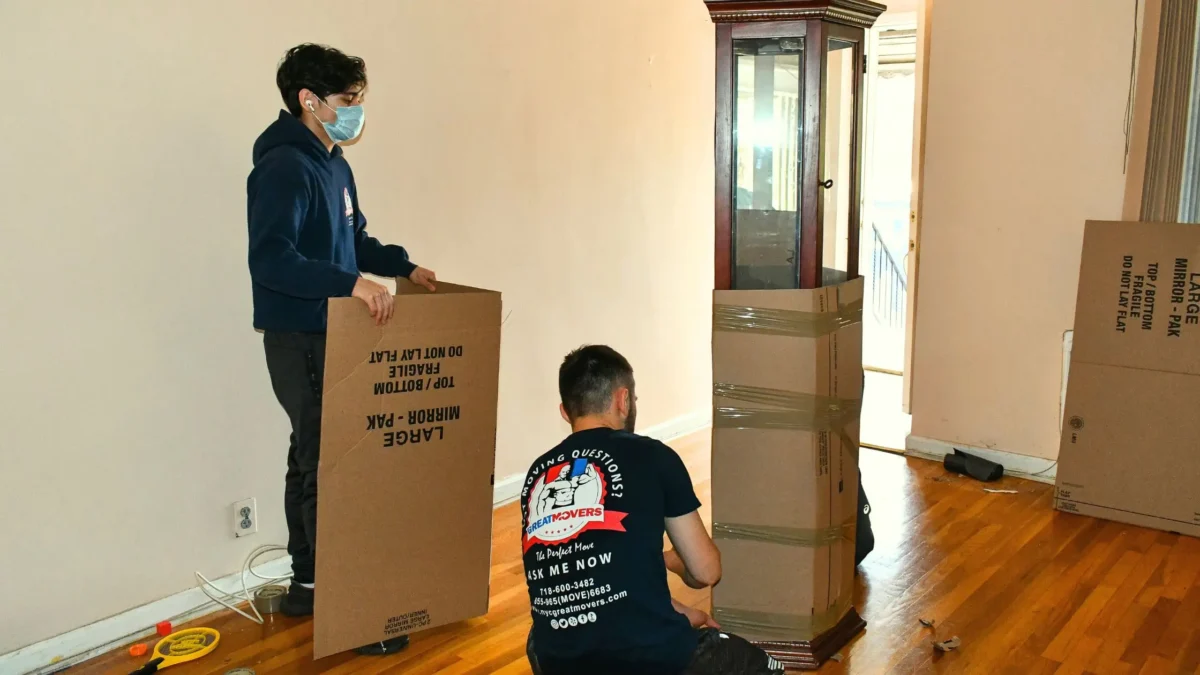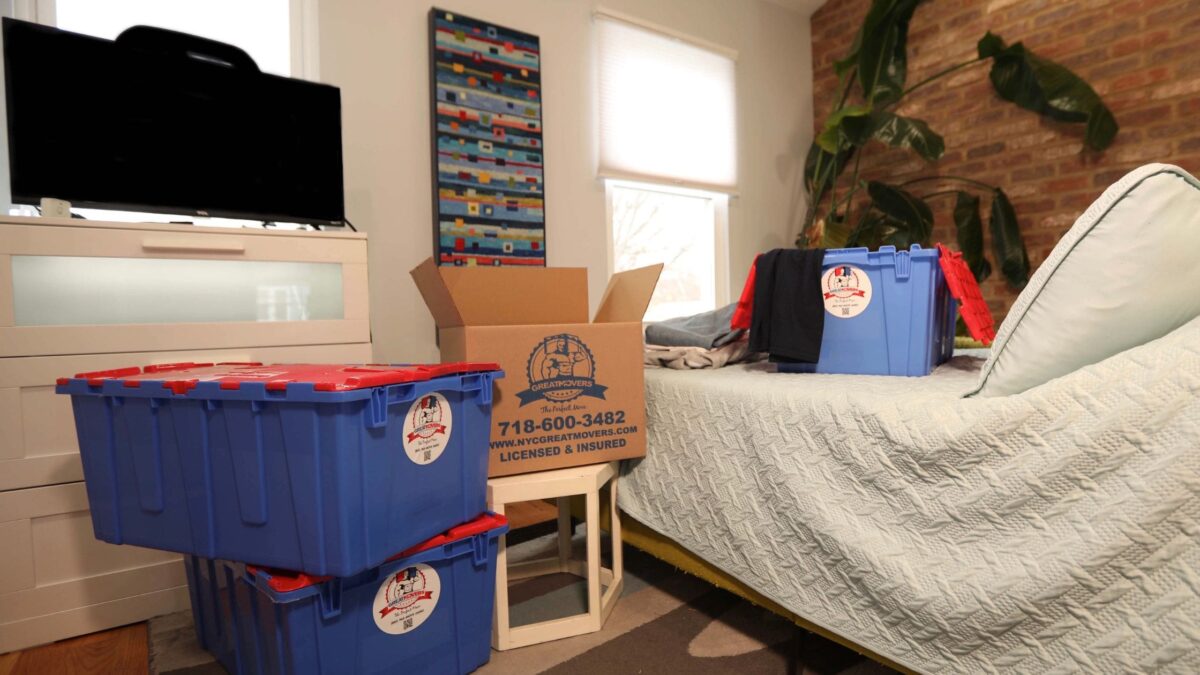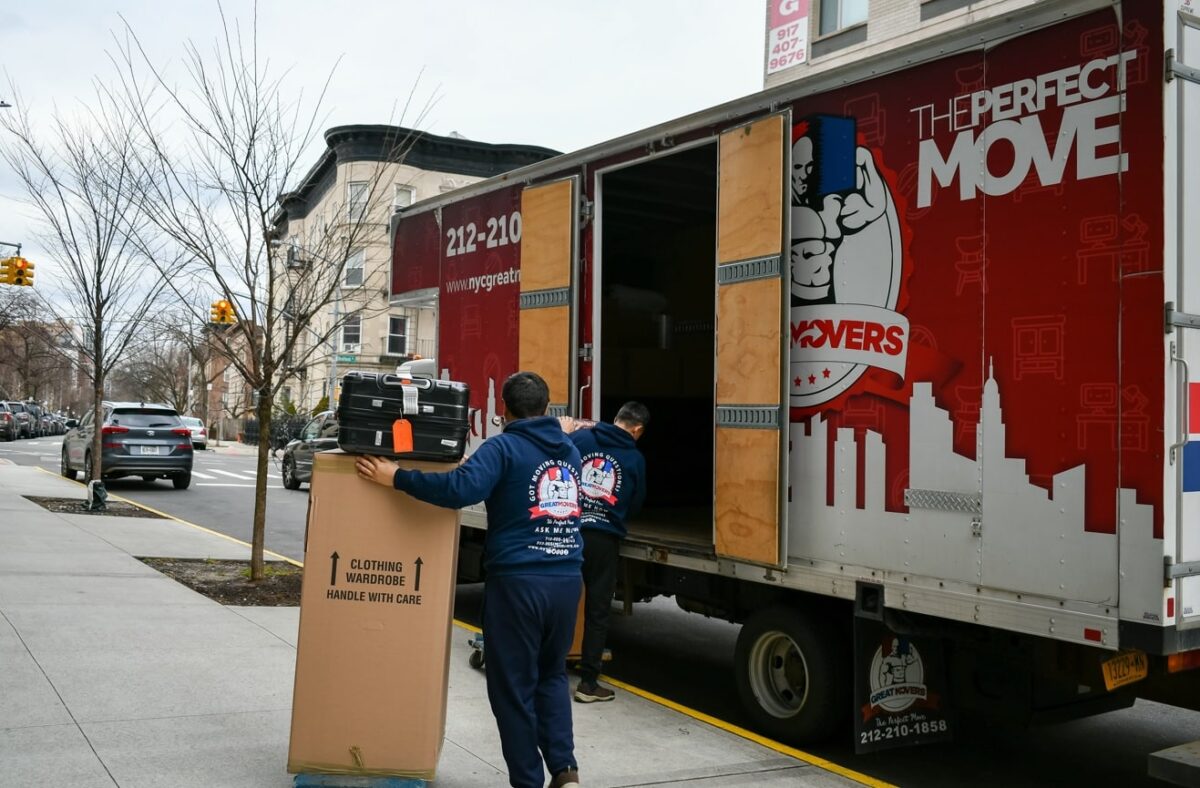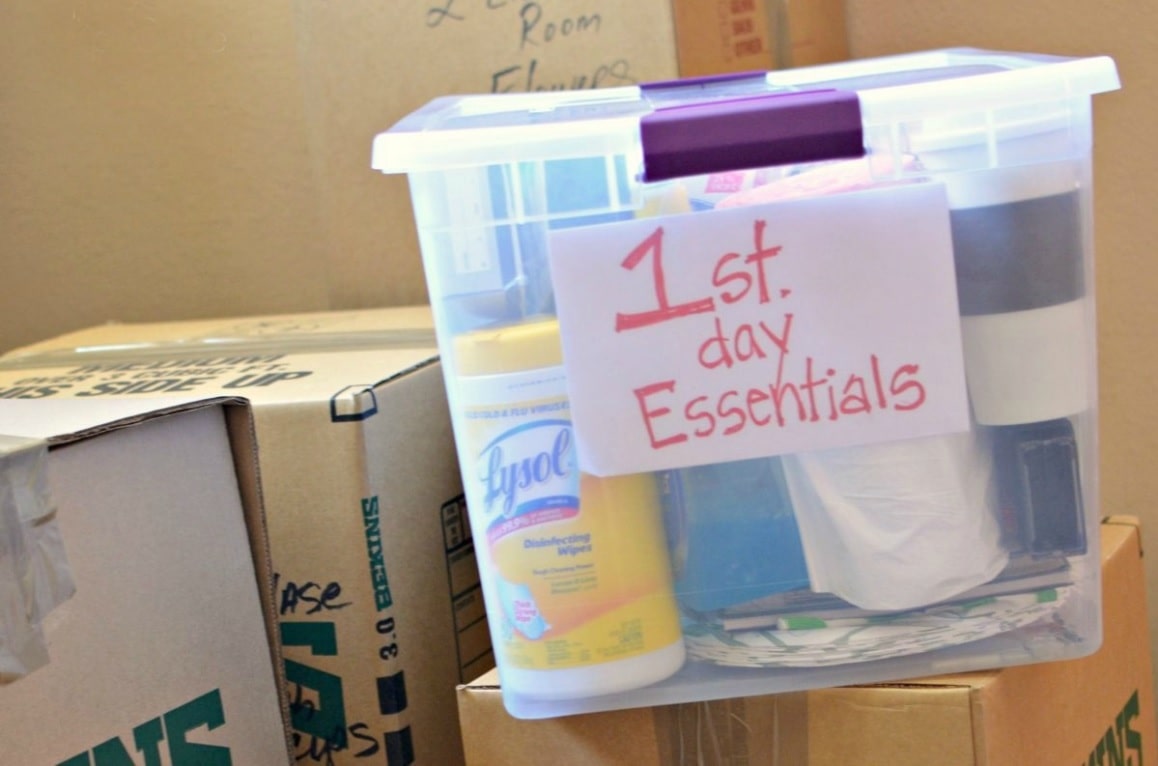Whether you live in a studio apartment or a three bedroom house, packing your belongings is a time consuming process. The DIY route requires plenty of planning and prep. You need to purchase all of the packing materials ahead of time, create an inventory of what you are taking with you, and then pack everything. Sure, you could throw everything into some boxes, but then you’ll be faced with a huge mess when it comes time to unpack. More importantly, haphazard packing could lead to damaged items.
If you want to make sure your belongings get packed in an orderly manner, consider hiring professional NJ packers to help with your move. While it will cost you more money than a basic moving package, it’s well worth the money if you can spare it! Below are reasons why hiring a professional packing service might be the right move for you.
It Saves Time
Moving into a new home is exciting, but it’s also a lot of hard work. Regardless of whether you’re making a long-distance or local move, you need to organize the logistics of getting your family from your old place to your new one. Packing is one of the main tasks when it comes to moving but it’s a time consuming process. Many people leave it to the last minute, but that leads to more stress since you need to organize, declutter, create an inventory, and then pack everything. Even if you start a few weeks in advance, that’s weeks of having your home in a partially packed state.
When you hire NJ packers, they can pack everything in your house in a day or less. After all, it’s what they do every day so it’s no surprise that they’re efficient. Not only that, but they will bring their own supplies so you don’t have to worry about buying boxes. They’ll handle everything for you and pack everything in an organized manner and label each box. That way when you have to unpack, you know exactly where everything is.
Less Stress
Packing for a move affects your schedule and can seriously affect your mental health. No one likes being in a half-packed house with partially filled boxes everywhere. It’s distracting and dangerous as you could easily trip over a box or accidentally knock one over. But not everyone can dedicate hours to packing. Some people might just be able to spend an hour or less putting things away.
Hiring packers can help reduce moving clutter and gives you the opportunity to focus on other moving related tasks. And if you need to immediately get to work after your move, consider adding on an unpacking service so you can jump into your daily routine immediately.
Your Belongings are Protected
All professional movers and packers have to have the appropriate licenses and insurance. Believe it or not, professional NJ packers are very careful with your belongings. In fact, they might be more careful than you! On top of that, they all have the appropriate training and years of experience so they know how to pack your things safely and efficiently. That leads to fewer mistakes and issues.
In order to be a registered professional mover, all moving companies need to provide free partial valuation which covers your belongings up to $0.60 per pound per item for free. They also need to offer full valuation coverage though this is a paid service. The catch here is that you will only receive compensation if the damaged items were packed by the movers. Boxes packed by you will not be reimbursed unless you can prove that the damages were the fault of the movers. So if you have a lot of fragile and expensive items, definitely hire packers to handle them.
It Can Save Money
It might seem counterintuitive, but hiring packers can actually save you money. You might think that you can find enough free boxes from friends and family, but chances are you’ll still need to go out and buy them. Plus, old boxes aren’t sturdy enough to hold your valuable items either! And remember, if there’s an issue with your packing or if your boxes fall apart during the move then the movers can contest any claims you might put in for the valuation as they did not pack your items.
Besides boxes, you’ll also need to purchase other supplies like packing tape, bubble wrap, packing paper, and so on. This can easily bump your budget up a few hundred dollars. While hiring professional packers might cost you more than a couple hundred bucks, the amount of time and stress you’ll save yourself is well worth the money. And, again, your valuables are protected should anything happen during the move.
Partial Packing
If a full service packing option is too much for your budget, then ask the moving company if they offer partial packing services. It’s a more affordable option that still takes a lot of the stress off your hands because you don’t have to pack everything yourself. Instead, you’ll be responsible only for the things you want to pack while the pros handle everything else. You can break the service down by room or area or even items. Whatever you decide, let the movers know and they’ll provide you with a quote. Naturally, you’ll have to pack the rest yourself so make sure you have all the necessary boxes and materials.
Hire Pro NJ Packers
Getting pros to pack your things doesn’t have to be expensive. In fact, many people are surprised at how affordable it can be, especially for the partial packing option. Plus, you get more time to relax and focus on other aspects of moving. Let NJ Great Movers take care of your next move. We offer full and partial packing services for both local and long-distance moves. Give us a call and let us know what you need.



